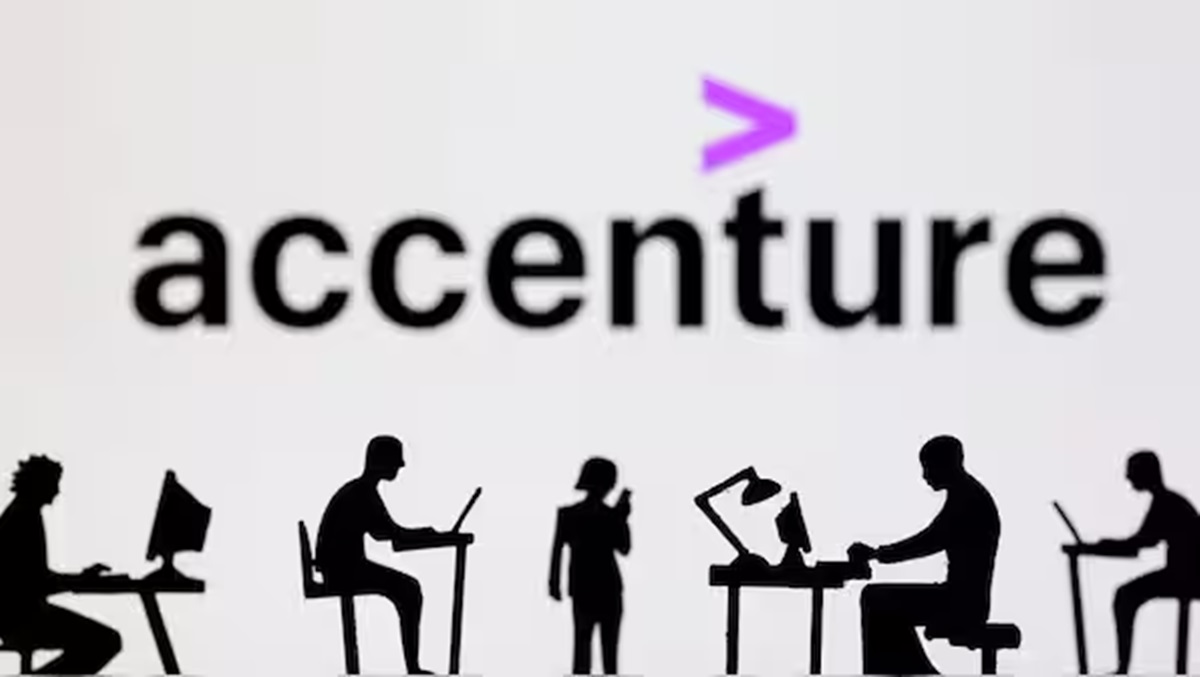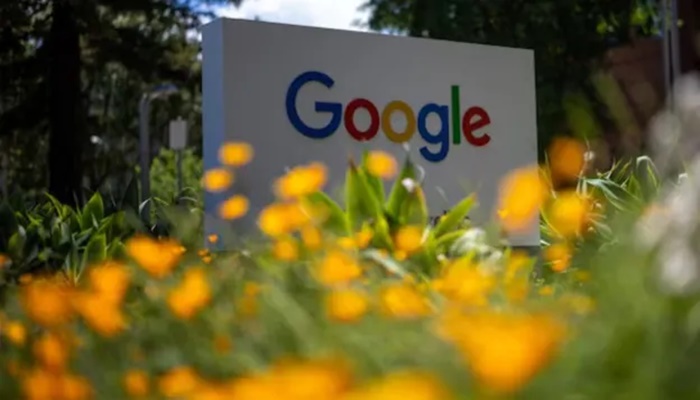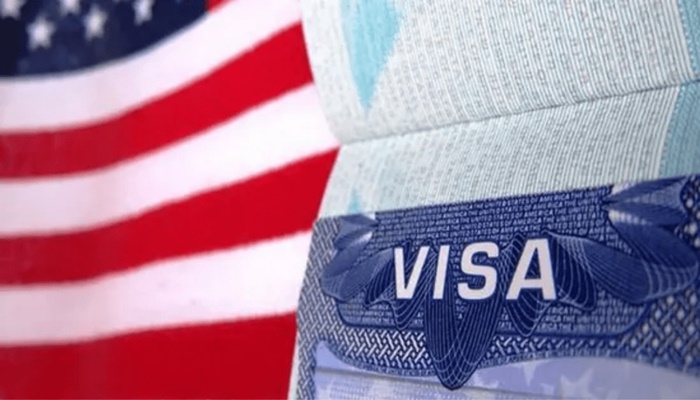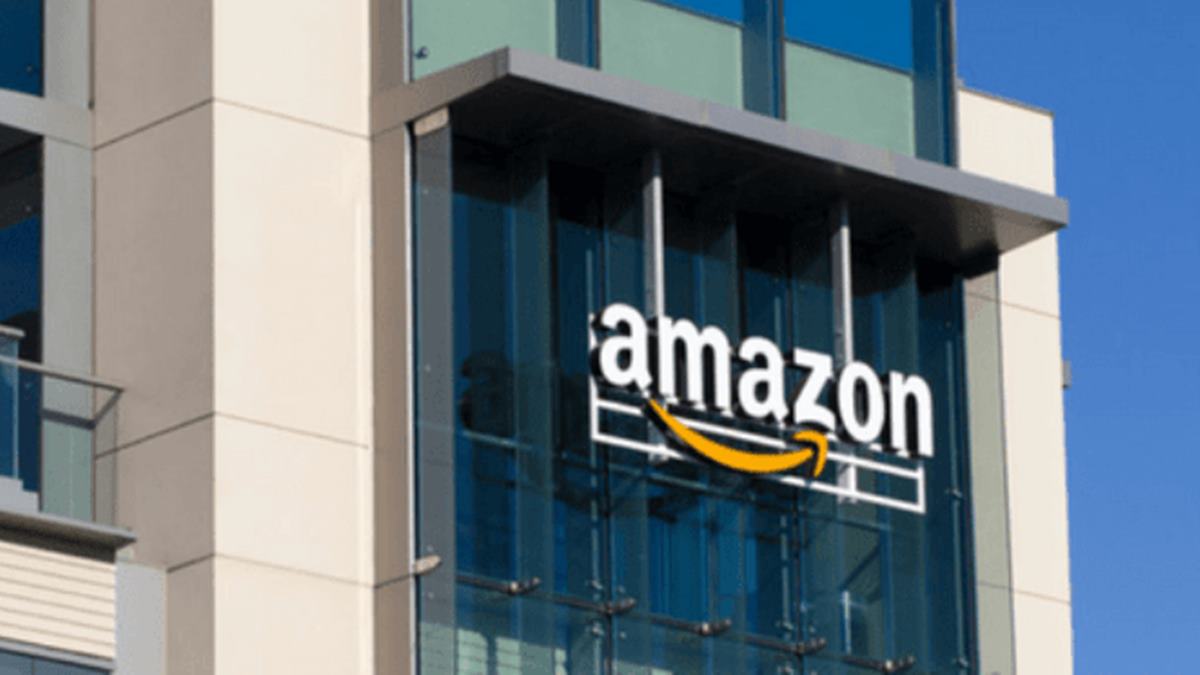New York: Indians working in the United States on H-1B or L-1 visas are reconsidering their long-term plans in the wake of rising uncertainties. A recent Blind poll, conducted anonymously for verified professionals, found that 45% would return to India if job loss forced them to leave the United States. Another 26% said they would move to a different country, while 29% remain undecided.
Pay cuts and quality-of-life concerns top the list of worries for those contemplating a return. About 25% cited lower pay as a deterrent, 24% mentioned a dip in living standards, 13% highlighted cultural or family adjustments and 10% feared fewer job opportunities.
When asked if they would apply for a U.S. work visa again, only 35% said yes. The majority (65%) were either unsure (27%) or negative (38%), indicating a growing shift in perception about the benefits of American work visas.
Personal experiences feed this sentiment. Over one-third of respondents (35%) said they or someone they knew had to leave the United States following a job loss, often facing deportation risks during the short grace period.
Deportation Notices Before Grace Period Ends
H-1B visa holders reported a rising trend of deportation notices being issued even before the 60-day grace period expires. One in six respondents said they or someone they knew had received a Notice to Appear (NTA) within weeks of losing a job. This could result in a permanent ban from the United States.
“Multiple cases where NTAs were sent in 2 weeks. Immigration lawyers now advise leaving as soon as possible after [the] job ends otherwise you risk a permanent ban from the US,” wrote one Meta user on Blind.
Normally, H-1B workers get 60 days to find a new employer or switch visa status, but reports since mid-2025 suggest notices arriving as early as two weeks into the grace period.
Trump’s Comments Stir Debate
President Donald Trump recently urged U.S. companies to “stop hiring in India”. The Blind survey found 63% of U.S.-based professionals felt this could benefit their companies, while 69% of India-based respondents believed it would harm their firms. The survey was conducted from July 28 to August 8, 2025.
Potential Visa Rule Changes
On August 8, the US Office of Information and Regulatory Affairs (OMB) cleared a proposal to change H-1B visa rules. Titled ‘Weighted Selection Process for Registrants and Petitioners Seeking to File Cap-Subject H-1B Petitions’, it is now with US Citizenship and Immigration Services (USCIS) for public comment.
While the text of the proposed rule has not yet been released, the proposal could potentially replace the current random H-1B lottery system with a wage-based selection process.
The measure revives Trump’s first-term effort to prioritise higher salaries. In January 2021, near the end of Trump’s first term, he attempted to implement a rule that tied the H-1B lottery selection to wage level. This new rule will likely resemble the 2021 version.
At present, H-1B selection is a lottery. Under a wage-based system, the USCIS would rank applications by offered salaries, starting from the highest until the annual cap is reached. Luck takes a back seat.
The H-1B programme allows 85,000 visas annually: 65,000 for general applicants and 20,000 for holders of US master’s degrees or higher. If applications exceed the cap, a computerised lottery determines selection. Tech firms rely heavily on this programme.
If the rule mirrors the 2021 attempt, cap-subject H-1B petitions for entry-level positions would have almost no chance of selection. This would significantly affect foreign graduates seeking work in the United States.




















